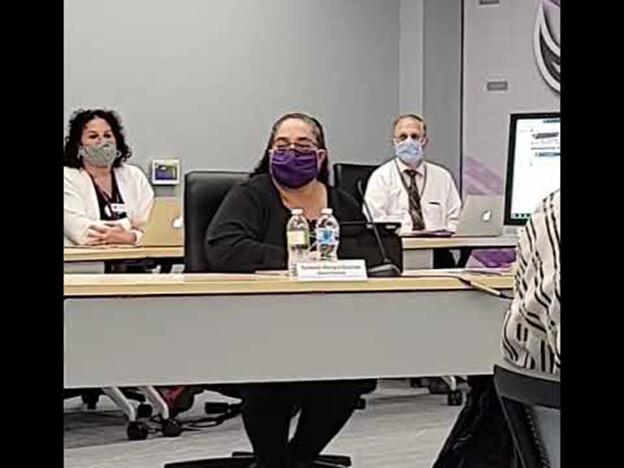SIOUX CITY, Iowa—President Donald Trump cleaned up during the Iowa Republican Caucus on Feb. 3, receiving 97.1 percent of the vote with all but one of the 1,765 precincts reporting.
In a shrewd move, the Trump campaign scattered more than 80 surrogates around the Hawkeye State to speak on Trump’s behalf at local caucuses.

